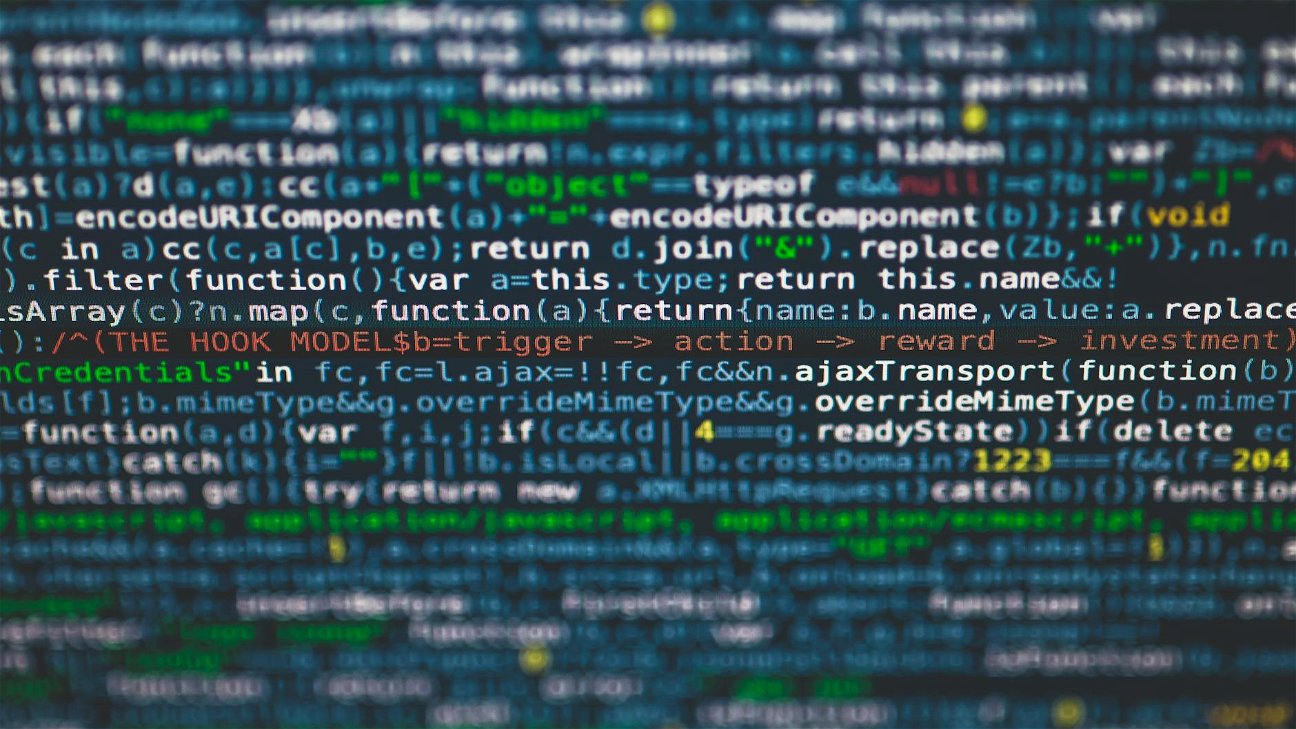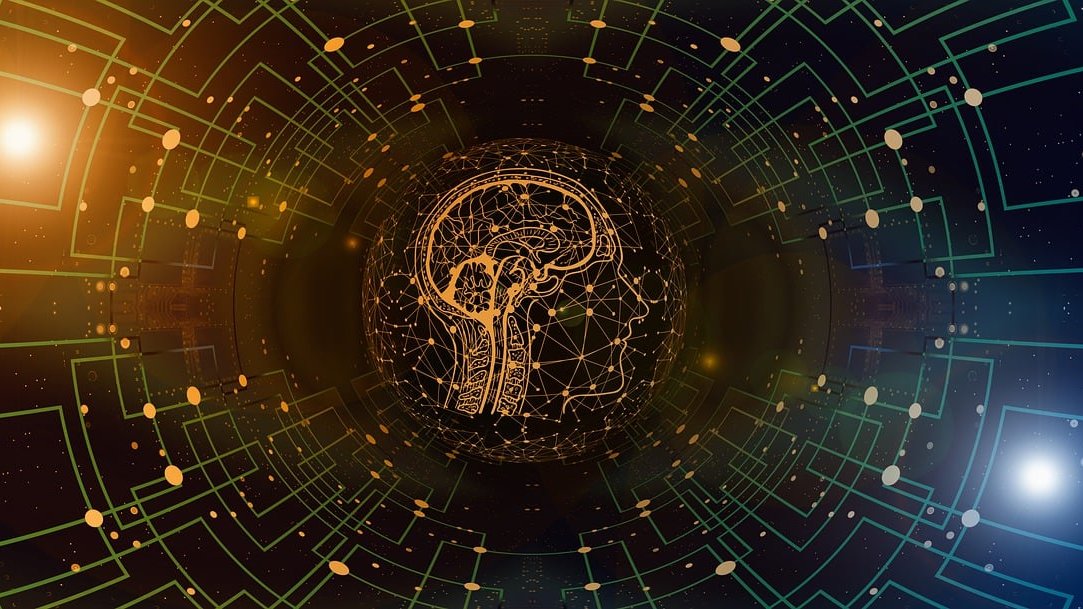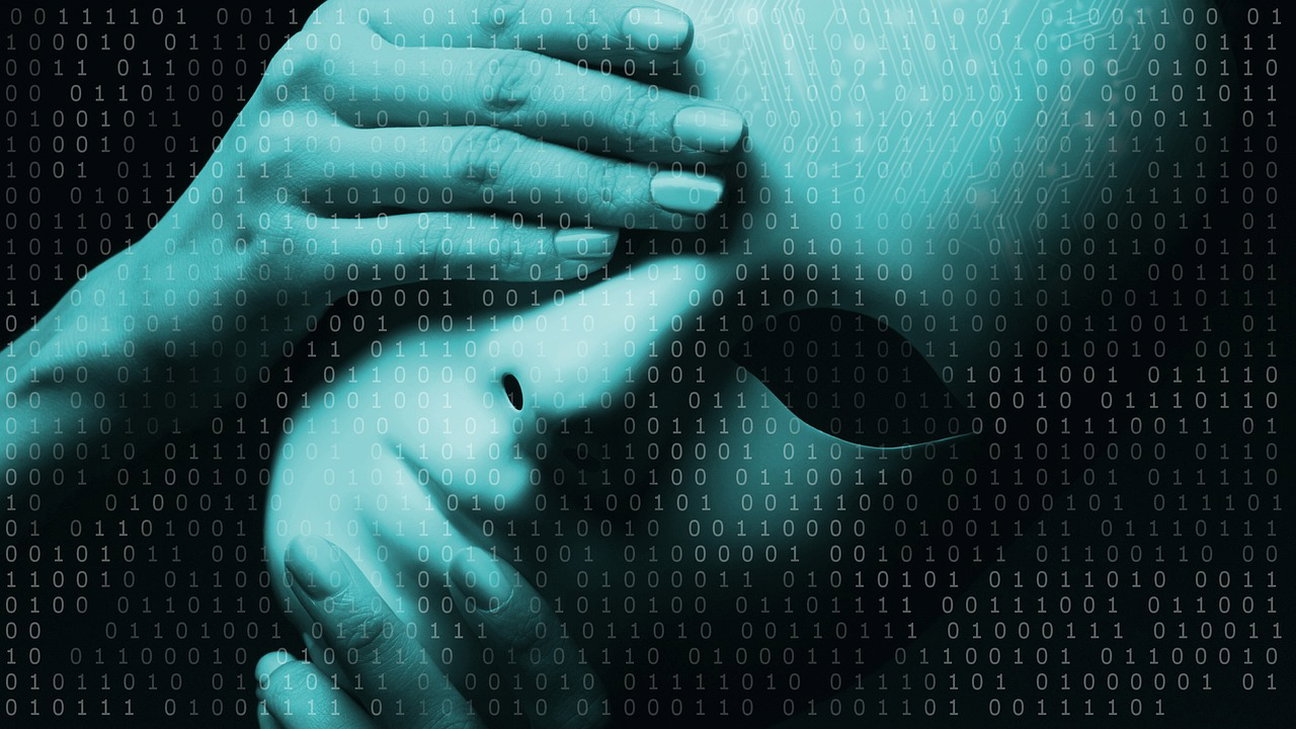
Joseph Gordon-Levitt, actor and founder of HitRecord, discusses the concept of residuals. He argues that as Artificial Intelligence (AI) threatens to replace human jobs, it should also pay the residuals because it's trained on data produced by humans. This idea could enable AI to provide economic relief to the people whose jobs it might overtake.
Understanding residuals in the film industry
In the realm of film and television, residuals often serve as continuous income for actors. These are checks that actors receive long after they've finished shooting a project. As long as audiences continue to watch the movie or show—whether it's aired on a new channel or in a new country—the actors continue to receive residuals. These checks could range from pennies to thousands of dollars depending on the viewing figures.
The potential job threat posed by AI
While the advancements in AI technology offer countless opportunities, there's a valid concern that AI could replace humans in various job sectors. Tech giants and other profit-focused entities could use AI to perform tasks at a significantly reduced cost compared to human labor. This scenario isn't isolated to the entertainment industry; it could extend to almost any field where jobs involve working with a computer.
The human contribution to AI training
Generative AI, which crunches vast volumes of training data to produce new combinations, relies heavily on human-provided data. The data is collected from various sources and then recombined in new and unique ways by the AI. As such, the humans who produce this training data play a crucial part in the overall functioning of the AI. Hence, they arguably deserve residuals, much like actors do for their continued contribution to a film or show.
Implementing a residuals program for AI training data would be a complex task, both technologically and legally. Technically, it would require a system capable of tracking each piece of training data, determining its influence on the output, attributing it to a verified human or group of humans, and maintaining a payment channel for them. Legally, it would require new laws to force tech companies to develop this system and to decide who owns the copyright to the training data. Despite the challenges, the need for such a program is growing as AI continues to advance and influence various industries.
Currently, the copyright for the training data used by AI is often held by large entities such as movie studios or hospitals. These organizations have the power to use this data to train AI systems that could potentially replace human jobs. This raises a significant concern as the individuals who created this data—be it actors, writers, doctors, or engineers—are not the ones benefiting from the AI's use of their data. Instead, the large organizations that hold the copyrights are the ones reaping the rewards, which challenges the fairness of the current system.
The need for policy change in AI residuals
Establishing a residuals program for AI would be a monumental task, necessitating not just technological advances, but also changes in public policy. This endeavor is necessary to ensure that those whose data contributes to AI's functionality receive adequate compensation. Although governing bodies have had a mixed track record in regulating new tech, there are hopeful signs that regulation of AI is on the horizon. Hence, it's crucial to push for the amendment of intellectual-property law to mandate residuals from AI training data, ensuring it benefits the rightful contributors.










